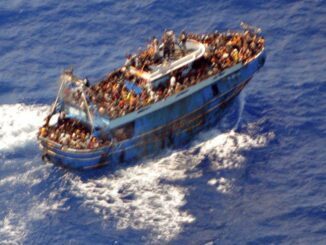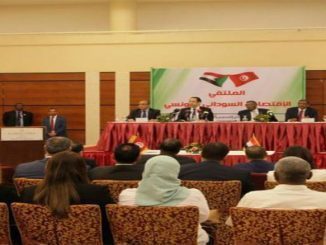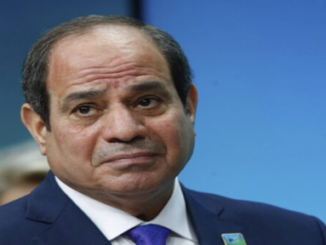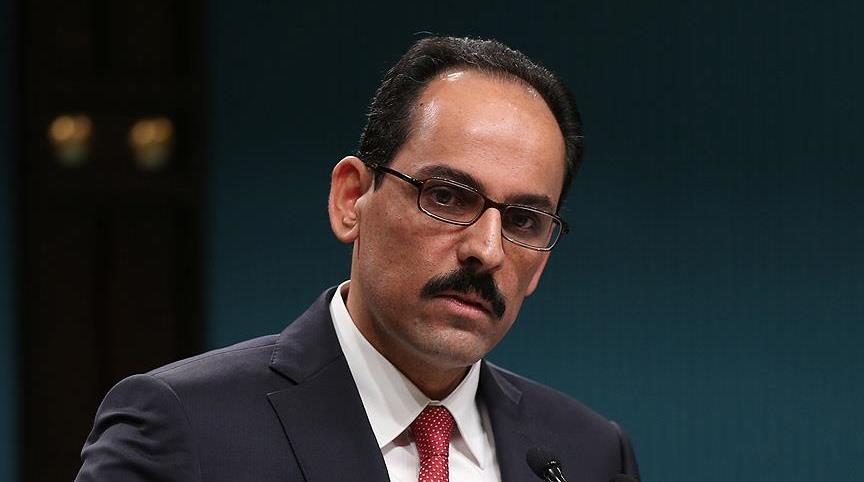
BY: İBRAHIM KALIN*
We have to have a perspective of open horizon to the world while being firmly grounded in our own center and tradition. No community can have a future without belonging to a tradition
The Muslim world is going through a turbulent time. An unfair and chaotic global order, proxy wars, internal conflicts, sectarian tensions, social upheavals and economic malaises are not only creating major political problems for it but also squandering its intellectual and spiritual energies. As a consequence, Muslim scholars, scientists and artists are lagging behind world standards and failing to see that they in fact have something to say to the world. In this state of continuing turmoil, is it possible to find space for intellectual, cultural and artistic work? The short answer is yes and the long history of the Muslim world with all of its political ups and downs provides ample evidence for it.
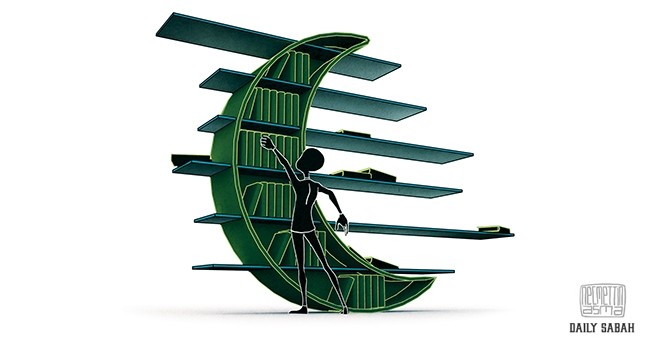 Illustration by Necmettin Asma
Illustration by Necmettin Asma
Some of the greatest luminaries of the Islamic intellectual tradition lived at times of great political transformation. The first generation of Muslim jurists and theologians witnessed major upheavals within the Muslim community especially in regards to the question of political succession after the death of the prophet of Islam, Muhammad, in 632. The early theological debates were closely linked with political disputes.
The philosophical and scientific tradition in Islam grew throughout the turbulent period of early Muslim state-formation and military conquests. The transition from the Umayyads to the Abbasids and the establishment of dozens of Islamic emirates across the Muslim lands did not prevent Muslim scientists and philosophers from producing first-rate knowledge. It was their unceasing commitment to truth and knowledge that laid the foundations of the later Islamic civilization extending from Central Asia to Asia Minor, Mesopotamia, North Africa and Andalusia. The great Muslim philosophers, al-Kindi, al-Farabi and Ibn Sina, among others, wrote their major works in philosophy, logic, medicine and music in the middle of political uncertainties and military campaigns.
From the 12th to the 14th centuries, Muslim lands saw two invading powers: The Crusades from the West and the Mongols from the East. The devastation they caused to Muslim cities and the flow of daily life is recorded in history books with a sense of agony, pain and resentment. Yet, some of the greatest works of Islamic culture and civilization were also produced during this period. In his famous book “Kitab al-I’tibar,” Usama ibn Munqiz, a contemporary of Salahaddin Ayyubi who took Jerusalem back from the Crusaders in 1187, chronicles the events of the period with vivid details. Yet none of the political and military conflicts he witnessed deterred him from producing his remarkable work.
Moreover, such prominent thinkers as Ibn al-Arabi (d. 1240) and Mawlana Jalal al-Din Rumi (d. 1273) wrote their major works in the 13th century, i.e., in the middle of the Crusader campaigns and Mongol invasions. While Ibn al-Arabi witnessed the suffering of Andalusian Islam, Rumi fled Mongol invasion taking refuge and settling in Konya where he is buried today. Numerous scholars, philosophers, scientists and artists including the great Ghazali, Suhrawardi, Nasir al-Din Tusi, Fakhr al-Din al-Razi, Mulla Sadra, Ibn Kemal, Takiyuddin, Imam Rabbani, Shah Waliullah of Delhi and many others across the Muslim world continued their intellectual and spiritual vocation as committed followers of knowledge and wisdom. Sinan, one of the greatest architects of history, built his monumental works despite the intricacies of palace politics. Shah Jahan had the Taj Mahal built in the 17th century. Some of the greatest works of Islamic calligraphy, miniature, marbling (ebru) and book-binding were produced after the 17th century when the Muslim world faced political crises and military conflicts.
The social, political and economic woes certainly did have an impact on the lives and perhaps thinking of these great scholars and artists. Yet, no worldly obstacle impeded them from devoting their lives to knowledge, truth and spiritual realization. Their enduring contributions to human knowledge and understanding have survived to this day despite the social and political challenges they faced in their time.
There are lessons to be learnt here for the Muslim world today. First of all, political problems that affect all of our lives will not be solved by political means alone. Their solution requires serious intellectual effort and a commitment to scholarly knowledge and wisdom. So it is not wise to wait until political and economic problems are solved before one engages in serious scholarly and intellectual work. To the contrary, governments and scholarly communities have to give utmost priority to serious scientific and intellectual programs.
Secondly, as much as political problems have a toll on the intellectual life of an individual and a nation, they also have a triggering role whereby open and inquisitive minds can turn crises into opportunities. Work under pressure is not easy but can be rewarding.
Thirdly, contemporary Muslims are yet to discover their rich intellectual heritage. Only a fraction of the scholarly, scientific and artistic works produced by Muslims over a period of a millennium has been critically edited and published. Much work remains to be done. The reason why this is important is that it can help us chart a new course today without denying the realities of the age in which we live.
We have to have a perspective of open horizon to the world while being firmly grounded in our own center and tradition. No community can have a future without belonging to a tradition.
The political and economic problems that Muslim nations face today are real and not to be taken lightly. Yet this cannot be an excuse for failing to commit to serious and long-term intellectual, scientific and artistic work.
*Ibrahim Kalin is the spokesperson for the Turkish presidency.
(Published in Daily Sabah Turkish newspaper on Saturday, Oct. 29, 2016)

